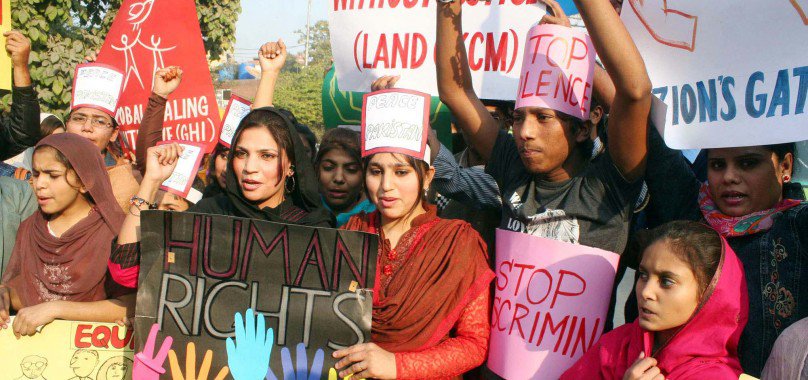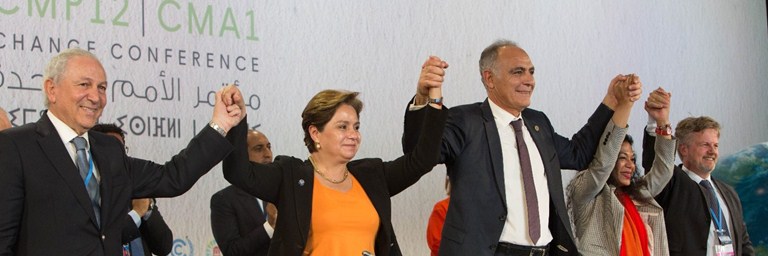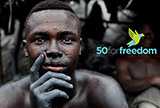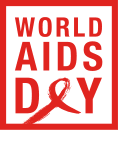
Every so often a thing comes to pass that is of such astounding importance that we must stand up and recognize it. We must place this thing on the pedestal it deserves, and ensure that the precepts and policies put in place by it are adhered to, appreciated, and spread as far as the human voice will carry. Such is the sort of message sent by Human Rights Day.
History of Human Rights Day
Human Rights Day was established in 1948, and ever since that auspicious day it has stood as the first major stride forward in ensuring that the rights of every human across the globe are protected. From the most basic human needs such as food, shelter, and water, all the way up to access to free and uncensored information, such has been the goals and ambitions laid out that day.
The Universal Declaration of Human Rights (UDHR) was a shout across the world by the leading countries in the world, stating loud and clear that no matter where we live, what we believe, or how we love, we are each individually deserving of the most basic fundaments of human needs. Every year Human Rights Day marks conferences around the world dedicated to ensuring that these ideals are pursued, and that the basic Human Rights of every person is made a priority in the global the basic Human Rights of every person is made a priority in the global theater.
Source: Text & Image: Days of the Year





 The Bible speaks of God in so many ways. It describes his qualities and relates his actions. It also tells of his wishes for us, human beings. Often too, it speaks of his future interventions. All this in a language which is not abstract but quite vivid, one could almost say picturesque.
The Bible speaks of God in so many ways. It describes his qualities and relates his actions. It also tells of his wishes for us, human beings. Often too, it speaks of his future interventions. All this in a language which is not abstract but quite vivid, one could almost say picturesque.
 Violence Campaign. Historically, the date is based the day of the tragic 1960 assassination of the three Mirabal sisters, political activists in the Dominican Republic; the killings were ordered by Dominican dictator Rafael Trujillo (1930–1961). I
Violence Campaign. Historically, the date is based the day of the tragic 1960 assassination of the three Mirabal sisters, political activists in the Dominican Republic; the killings were ordered by Dominican dictator Rafael Trujillo (1930–1961). I
 According to multiple surveys and its bestselling status decade after decade, the Bible is widely revered by people around the world. Millions of visitors from more than 200 countries regularly come to Bible Gateway to freely read, hear, search, study, compare, & share the Bible in more than 70 languages & more than 200 Bible versions.
According to multiple surveys and its bestselling status decade after decade, the Bible is widely revered by people around the world. Millions of visitors from more than 200 countries regularly come to Bible Gateway to freely read, hear, search, study, compare, & share the Bible in more than 70 languages & more than 200 Bible versions.